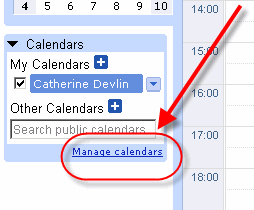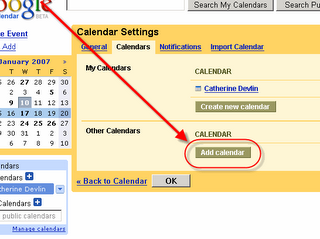Wow, CodeMash was FUN! It was chock-full of the kind of inquisitive, energetic people who make you glad to be a geek, both in the formal sessions and the informal sociable stuff.
I'll give just a few highlights, hopefully ones that haven't already been blogged to death by
other CodeMash bloggers...
Even for someone who already uses TurboGears a bit, Kevin Dangoor's TG talk was great. Almost too high-energy to follow, but I got great ideas like using an
in-memory SQLite back end for development testing (thus not worrying about repairing the database after testing);
It was nice to have Kevin's co-author
Mark Ramm there, too. Questioning the authors beats leafing through a book any day... I just ordered my copy of
the TG book for $26.99 from
Nerdbooks. Amazon can slightly beat that price ($25.64), but at Nerdbooks I could toss in mildly outdated books on Unix and DB2 for $2-3 each.
David Stanek's talk on "Python Web Services" was actually more important, I thought, for the language-independent description of the relative merits of REST, XML-RPC, and SOAP-based services than it was for the Python-specific content. If you were off at some .NET talk instead, and you've always been a little fuzzy about how those work and relate to one another, go read his slide deck.
As a data geek, I really perked up at Scott Guthrie's keynote on
LINQ. It's a new language component that basically extends the SQL idea (describe what data you want, let the computer worry about how to get it) beyond just RDBMS and into flat files, XML, web services... wherever the data may be squirreled away, it'll be a way to go get it with a single consistent syntax. Cool! I'll be eagerly looking forward to IronPython implementations of LINQ. So, Microsoft - thank you for LINQ, thank you for being one of the CodeMash sponsors, and I forgive you for Vista overwriting the GRUB boot loader on my dual-boot machine this morning (but only because I found
a tutorial on how to repair it).
James Ward demonstrated ooooh-aaaah stuff you can do with
Flex, which wasn't surprising. More importantly, I learned that the Flex/Flash world has really opened up ("opened" as in "open source"). When I looked into it a few years ago, it seemed that you needed a $mucho-K Flash server to even dip in. That's not the way I do things; I build a minor app or two - something that will really be used, not a development-only toy - before I know whether I really want to run with a technology. Now, most of the stack is open-source and free; only a couple optional (admittedly very convenient) components are commercially licensed. Adobe's new mostly-open-source business model for Flex permits my kind of experimentation; good for them!
Kevin Dahlhausen's
talk on Test-Driven Development filled an embarrassing gap in my understanding of TDD - I'd heard of mock objects, but had never really figured out what role they play in TDD.
I took part in two Open Space discussions - one on women in IT, one on social networking for nerds - that were important enough that I think I'll give them their own blog posts in the next few days.
I heard
Martin Fowler's name come up so many times that I finally screamed (internally), "Okay OKAY I'll read his stuff, already"!
In a week or so, I'll update this post to include hotlinks to the talk slide decks; most of them aren't posted yet.
Anyway... so much glorious fun. With CodeMash in January and PyCon in February, who dares call winter a blah time?







